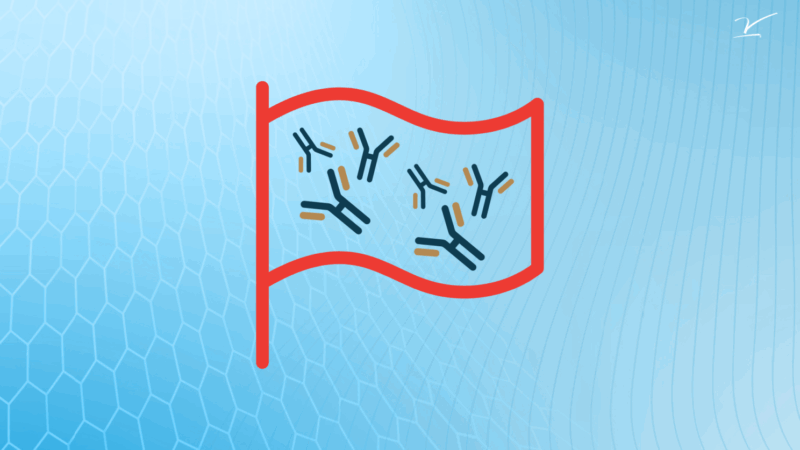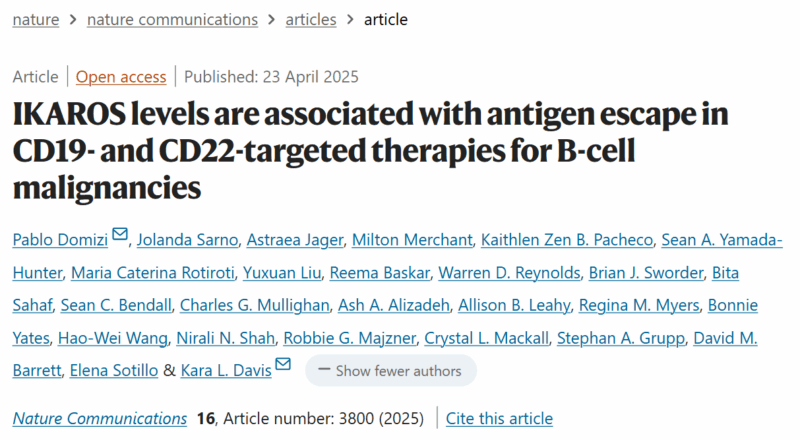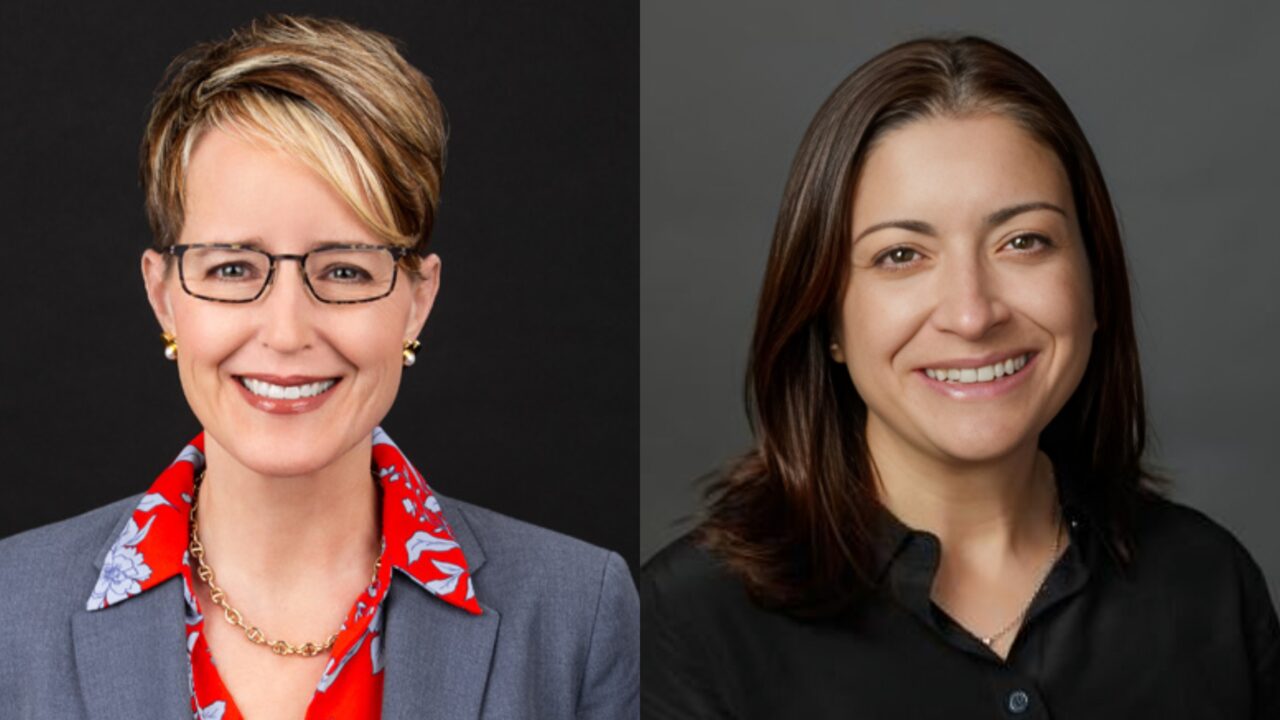Susanna Fletcher Greer, Chief Scientific Officer of the V Foundation, shared a post on LinkedIn:
“This V Foundation researcher may have found the end-all to B-ALL.
For children and adults with a type of blood cancer called B-cell acute lymphoblastic leukemia (B-ALL), one of the most powerful treatments available today is CAR T-cell therapy. This breakthrough approach uses a patient’s own immune cells to target cancer by recognizing specific protein ‘flags’ on the surface of leukemia cells, most often CD19 or CD22. Many patients respond remarkably well at first.

But about half of patients relapse, meaning the cancer comes back. When it does, it’s often because those surface ‘flags’ have mysteriously disappeared. Without them, the immune system can no longer recognize or destroy the cancer. The mechanisms behind this ‘antigen escape’ have been poorly understood, until now.
This V Foundation – supported study looked at cancer cells from over 60 patients treated with CAR T-cell therapy.
V Foundation grantee Dr. Kara Davis and team at Stanford Children’s Health | Lucile Packard Children’s Hospital Stanford made a key discovery: a molecule called IKAROS plays a central role in whether these surface ‘flags’ (CD19 and CD22) stay visible, or whether they would disappear, allowing the cancer to hide.
IKAROS is a ‘master controller’ inside cells. It’s a protein that helps guide the development of healthy immune cells, especially B cells, which are the very cells that turn cancerous in B-ALL. In healthy cells, IKAROS helps cells mature into their proper form. But when IKAROS levels are too low, B cells don’t fully develop, and that’s a big problem.
Dr. Davis and team found that low IKAROS levels make leukemia cells behave more like immature cells that can ‘shape-shift’ under pressure. When these cells are exposed to CAR T therapy, they change their identity just enough to ditch their CD19 and CD22 ‘flags.’ As a result, they escape detection and destruction, allowing the cancer to survive and return.
And, the Davis group further showed:
- This process is reversible. When IKAROS levels are restored, CD19 and CD22 come back.
- IKAROS-low cells are better able to survive and outlast treatment, especially when the immune system is under strain.
- This means IKAROS could be used in the future to predict who is at high risk for relapse, and even guide treatment decisions.
This research answers a critical question: Why do some cancers return even after seemingly successful treatment?
By identifying IKAROS as a key regulator of cancer’s ability to hide, this study opens up new paths for treatment. A future where we could, among other applications, screen patients for IKAROS levels before or during therapy to assess relapse risk. For patients and families, this means a better chance at long-term remission, fewer relapses, and ultimately, more lives saved.
This is what the V Foundation means when we say we fund ‘Victory Over Cancer’: we invest in the research that beats cancer at its most cunning.”
Title: IKAROS levels are associated with antigen escape in CD19- and CD22-targeted therapies for B-cell malignancies
Authors: Pablo Domizi, Jolanda Sarno, Astraea Jager, Milton Merchant, Kaithlen Zen B. Pacheco, Sean A. Yamada-Hunter, Maria Caterina Rotiroti, Yuxuan Liu, Reema Baskar, Warren D. Reynolds, Brian J. Sworder, Bita Sahaf, Sean C. Bendall, Charles G. Mullighan, Ash A. Alizadeh, Allison B. Leahy, Regina M. Myers, Bonnie Yates, Hao-Wei Wang, Nirali N. Shah, Robbie G. Majzner, Crystal L. Mackall, Stephan A. Grupp, David M. Barrett, Elena Sotillo and Kara L. Davis.

You can read the Full Article on Nature Communications.
More posts featuring Susanna Fletcher Greer.


